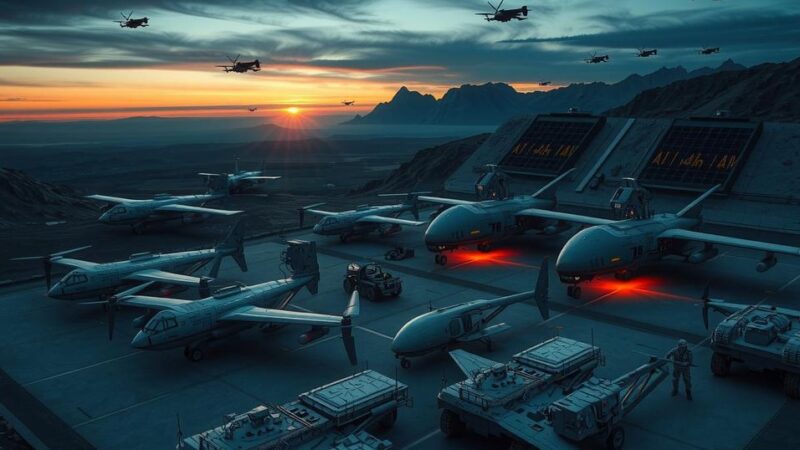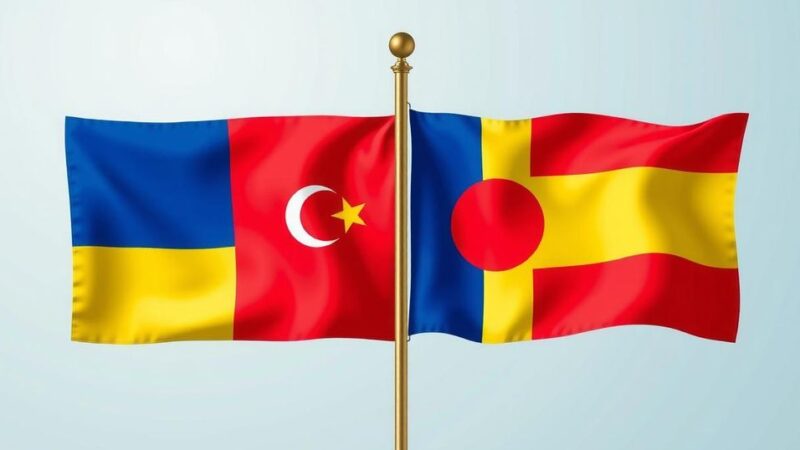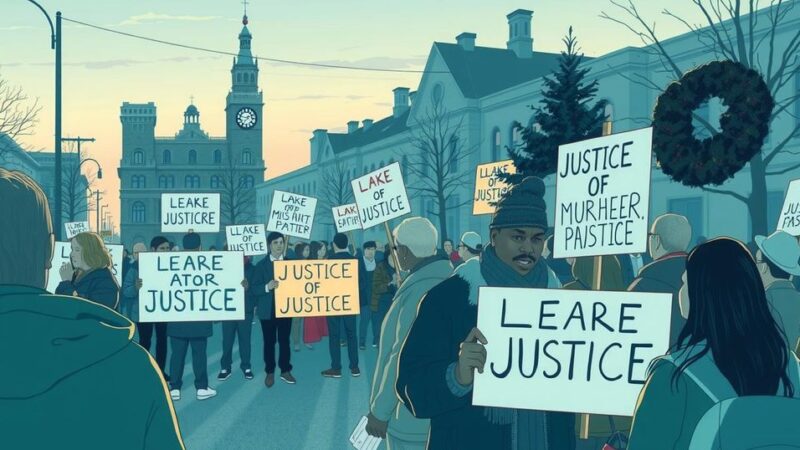The Southern Africa regional bloc, SADC, has decided on a phased withdrawal of troops from the DRC amidst ongoing conflict and M23 advancements. Following a recent summit, the DRC’s mission was set to conclude as peace negotiations are scheduled to begin with M23 next week. Losses among SADC troops have raised questions regarding stability and regional peace efforts as tensions with Rwanda persist.
The Southern African Development Community (SADC) has decided on a “phased withdrawal” of its troops from the Democratic Republic of the Congo (DRC) due to ongoing conflict exacerbated by the M23 rebel group. During a recent virtual summit, SADC leaders, representing sixteen nations, resolved to conclude their mission following the loss of soldiers this year. The leaders cited the persistent unrest in eastern DRC, which has been a contentious issue for three decades, as a crucial factor in their decision.
The withdrawal follows the announcement of upcoming peace talks mediated by Angola between the DRC and the Rwanda-supported M23 group. Following the summit, the SADC communicated that the mission, also known as SAMIDRC, would be terminated and directed troops to begin their phased withdrawal. This comes in light of M23’s sweeping territorial gains in the eastern region, which include major cities such as Goma and Bukavu. The Congolese government estimates that at least 7,000 individuals have lost their lives due to the escalating violence since January.
Most SAMIDRC troops are from South Africa, which has reportedly deployed approximately 1,000 soldiers. Since the conflict intensified, South Africa has suffered the loss of fourteen soldiers, mostly part of the SADC mission, in addition to casualties among the Malawian troops. The mission, launched in December 2023, aimed to assist the DRC government in restoring order amidst attacks from various armed factions, including M23.
Emmerson Mnangagwa, the SADC chairperson and Zimbabwe’s President, emphasized the urgent need to address the conflict, describing it as a source of regional instability. He underscored the importance of inclusive dialogue, which aligns with recent advancements toward negotiations that are set to take place in Luanda, Angola. The Angolan presidential office has stated that delegates from both the DRC and M23 will engage in direct talks starting March 18.
Previously, a meeting between Angolan President Joao Lourenco and Congolese President Felix Tshisekedi yielded a new dialogue initiative, despite earlier reluctance for negotiations relating to the M23. Sources within the Congolese government have indicated that while initial steps are being taken, the road ahead may be lengthy, with decisions on representation still pending. Although the engagement suggests a shift towards dialogue, Congolese officials underline Rwanda’s involvement in the conflict, asserting it must be held accountable.
The SADC’s withdrawal poses significant challenges for President Tshisekedi, who has faced growing criticism regarding his strategy to manage the resurgence of M23. Furthermore, Rwanda’s Foreign Minister Olivier Nduhungirehe endorsed the withdrawal as a beneficial move towards restoring peace in eastern DRC, amid allegations of Rwanda’s military support for M23, which Rwanda continues to deny.
The SADC’s phased withdrawal of troops from the DRC signifies a pivotal moment amidst ongoing conflict driven by the M23 rebel group. While peace talks mediated by Angola are scheduled to commence, the withdrawal raises concerns regarding stability in the region. President Tshisekedi’s administration faces intensified scrutiny regarding its response to M23 advances, while the intricate relationship between the DRC and Rwanda remains under scrutiny as the situation evolves.
Original Source: www.aljazeera.com






